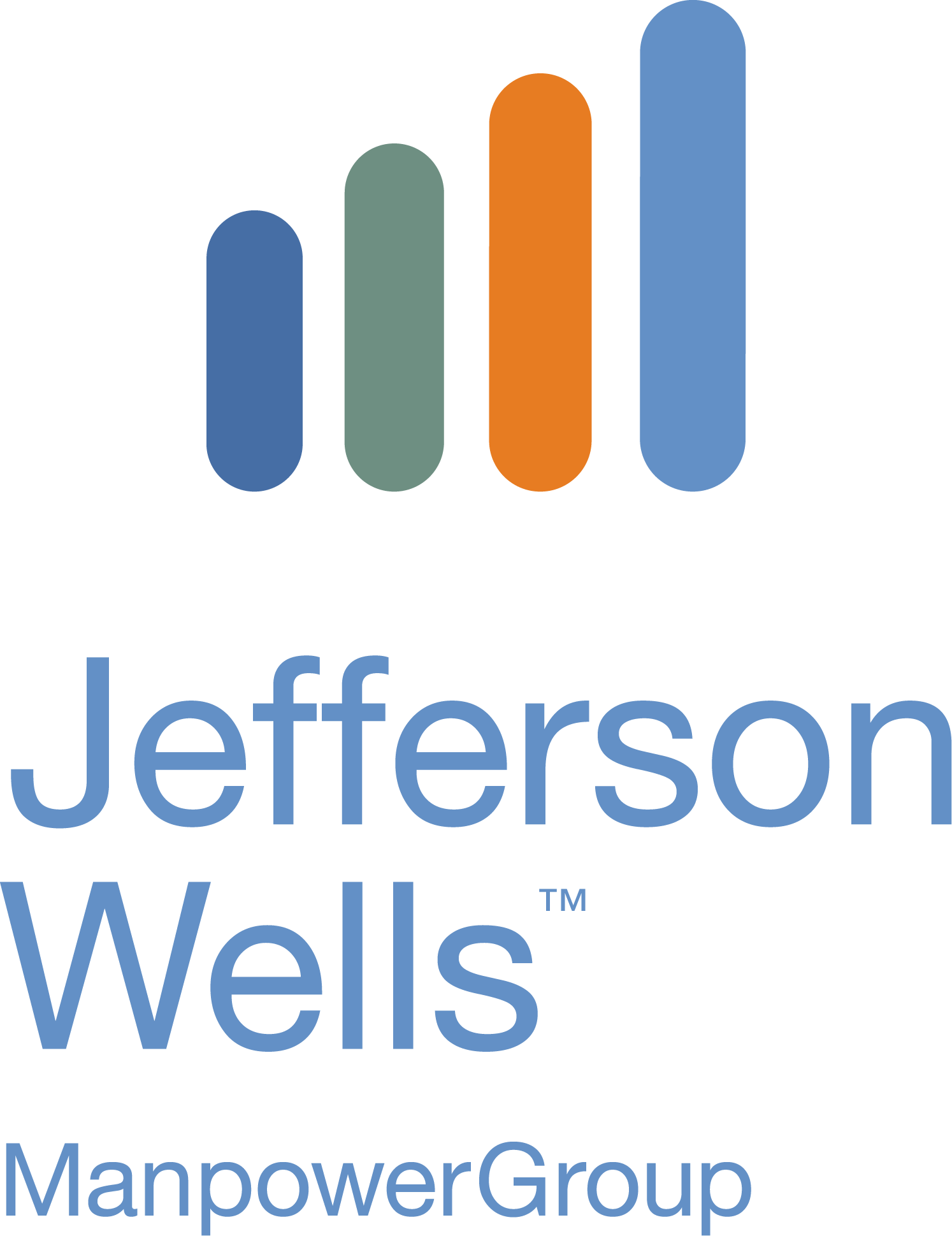Insights
Agile Auditing in the New Next
- September 23, 2020
- |
- Jefferson Wells,
- Emerging Insights,
- agility,
- internal audit,
- Agile Auditing,
- New Next,
- collaborative
- |
-
4 min read
Home
- ManpowerGroup Insights
- Agile Auditing in the New Next
You May Also Like
These Stories on Manpower
Jefferson Wells,
Emerging Insights,
risk assessment,
emerging risk,
fraud risk,
risk landscape,
risk appetite,
health and safety risk,
internal audit,
audit risk,
risk velocity,
strategic risk
July 27, 2020
It's halftime and we need a new Risk Assessment game plan.
pandemic,
Jefferson Wells,
Emerging Insights,
cyber risk,
security,
Cybersecurity,
hacking,
agility,
insider threat,
risk assessment,
resiliency
July 26, 2020
Managing cyber risks in today's digital environment was already challenging enough ...
January 22, 2021
Supply Chain Cyber Attack: 10 Ways to Protect Your Organization Now
ManpowerGroup Insights








.jpeg?length=800&name=JW_woman_man_discussing_laptop_RGB_150%20(1).jpeg)

Comments